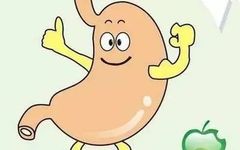Everyone desires longevity, and many are enthusiastic about health preservation. In fact, rather than relying on flashy health techniques, learning to do the right things at the appropriate age is the best form of health care!
10 Years Old – Energetic and Lively
According to Traditional Chinese Medicine (TCM), children around the age of 10 have relatively well-developed internal organs, and their qi (气) and blood (血) meridians (经脉) have begun to flow smoothly.
At this age, children are full of vitality, embodying pure yang (阳) energy, and they can eat and drink well, generally free from issues like qi stagnation (气滞), blood stasis (瘀血), or phlegm (痰浊).
Due to their abundant yang energy, children at this stage are characterized by their liveliness.
At this time, regardless of gender, jumping and playing as much as possible is most beneficial for growth.
Parents should not suppress their children’s active nature; allowing them to jump and play freely is the best form of health care.
20 Years Old – Protecting the Spleen and Stomach
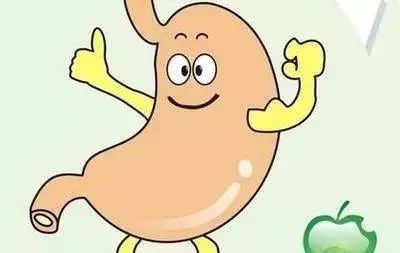
Generally, the period from 10 to 20 years old is a transitional phase from childhood to adulthood.
During this time, a person’s qi and blood begin to flourish, and muscles grow stronger, resulting in agility and lightness in movement.
However, as the functions of the internal organs and the circulation of qi and blood are still developing, the yin essence (阴精) has not yet reached a robust level, and the development of organs like the stomach and intestines is still relatively weak.
Therefore, it is important to maintain a balanced diet, avoid overeating, refrain from excessive picky eating, and prohibit alcohol consumption to protect the vulnerable digestive organs.
Additionally, individuals in this age group should ensure adequate exercise and sleep, practicing brisk walking regularly, which is both simple and beneficial for health.
30 Years Old – Avoid Prolonged Sitting
From 20 to 30 years old is the adult phase of life, where various organs and tissues have fully developed and their functions are at their peak.
As significant life events often occur during this decade, individuals in this stage experience considerable stress, making health preservation particularly important.
Thus, it is advisable for individuals in this age group to avoid sitting for long periods to prevent kidney damage, and to get up and move around periodically.
Regular walking can be an effective form of exercise; there is no need to pursue speed or large strides, as the goal is to relax the body and mind.
40 Years Old – Practice Sitting Meditation
Between 30 and 40 years old, individuals are in their prime, having reached the peak of their physical condition. Therefore, health preservation during this time should focus on maintaining stability.
To sustain this stable state, it is necessary to incorporate gentle forms of exercise, maintain a balanced diet, control food intake, and manage weight.
Moreover, during middle age, individuals often bear significant responsibilities, leading to various unexpected events.
At this time, it is essential to learn to adjust one’s mindset and handle matters calmly.
Sitting meditation is one of the best health preservation methods for middle-aged individuals, as it helps to reduce excessive internal heat and restlessness.
50 Years Old – Nourish the Liver and Protect the Eyes
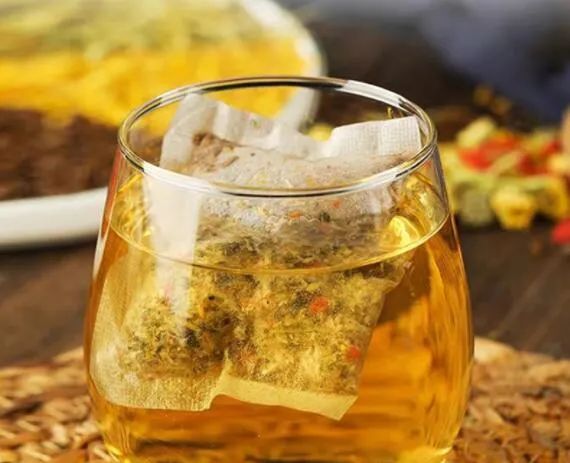
As individuals approach 50 years of age, many often experience vision problems.
TCM holds that the liver stores blood and opens to the eyes; only when liver qi is abundant and liver blood is sufficient can visual functions operate normally.
To prevent vision deterioration, one can drink chrysanthemum tea (菊花茶) or cassia seed tea (决明子茶), which are beneficial for clearing the liver and improving eyesight.
Additionally, TCM believes that the liver is associated with the wood element, and green foods nourish the liver. Therefore, consuming more green foods is advisable.
Common choices include spinach (菠菜), rapeseed (油菜), celery (芹菜), lettuce (生菜), leeks (韭菜), broccoli (西蓝花), cucumbers (黄瓜), and oilseed lettuce (油麦菜).
60 Years Old – Calm the Heart and Nurture the Spirit
At the age of 60, heart qi begins to weaken, often accompanied by feelings of worry and sadness, leading to sluggish blood circulation.
Individuals in this age group should focus on nourishing heart qi by consuming foods such as oats (燕麦), sardines (沙丁鱼), apples (苹果), walnuts (核桃), tofu (豆腐), and bananas (香蕉), all of which are beneficial for heart health and can enhance resistance to heart disease.
Furthermore, it is crucial for seniors at this age to maintain a peaceful mindset, eliminating distractions and negative thoughts to achieve emotional balance, which is a prerequisite for longevity.
70 Years Old – Nourish the Spleen and Stomach
In TCM, the spleen and stomach are the sources of digestion and absorption of food and nutrients, as well as the generation of qi and blood.
By the age of 70, individuals may experience weakened spleen and stomach function, decreased appetite, and impaired digestion and absorption.
When the body lacks sufficient qi and nutrients, symptoms such as muscle wasting, dry skin, and increased wrinkles and spots may occur.
Thus, nourishing the spleen and stomach becomes very important after the age of 70.
In autumn, seniors can consume foods like millet (小米), pumpkin (南瓜), and yam (山药) to strengthen the spleen and benefit the stomach.
80 Years Old – Supplement Lung Qi
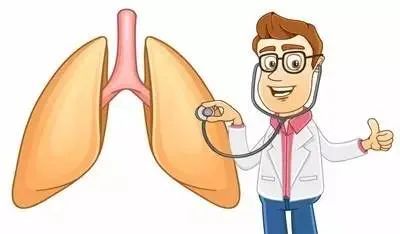
At the age of 80, lung qi is often deficient, leading to difficulties in retaining the spirit, which may manifest as slow judgment, thinking, and speech.
Older adults with lung qi deficiency can benefit from consuming walnut kernels (核桃仁), ginger (生姜), and red dates (红枣) in soup, or regularly eating walnuts and ginger; for meat, lamb (羊肉) with ginger and angelica (当归) is recommended.
For those who prefer not to focus on dietary therapy, practicing beneficial lung exercises, such as the “Cuo Gu Dao” (撮谷道), can be helpful.
In TCM, the anus is connected to the large intestine, which is related to the lungs. By tightening the anus, lung qi can be retained.
The specific technique involves inhaling slightly while tightening the anus and perineum, then relaxing during exhalation, repeating this 10-20 times, 3-5 times a day.
90 Years Old – Preserve Kidney Qi
As individuals age, the internal organs begin to weaken, starting with the liver, followed by the heart, spleen, and lung functions.
Once symptoms of kidney deficiency appear, it signifies a fundamental weakness. Therefore, for those aged 90, the key focus should be on kidney supplementation.
A simple method to prevent kidney qi leakage is to clench the teeth.
TCM states that “teeth are the remnants of bone”; regularly clenching the teeth is also a good method for seniors to nourish the kidneys.
The specific method involves keeping the lips tightly closed, holding the breath while clenching the teeth, ensuring the upper and lower teeth are tightly together, and alternating between tightening and relaxing the teeth several times.
100 Years Old – Cultivate the Body and Nurture the Spirit
Upon reaching 100 years of age, the ideal state is to achieve a “good end”.
At this point, all internal organs have become frail, and the vital energies of essence, qi, and spirit have diminished, leaving only a hollow shell of a body.
For centenarians, in addition to protecting their bodies, it is essential to cultivate the body and nurture the spirit, maintaining psychological balance and facing the reality of life and death with composure.
When exercising, centenarians can choose gentle movements, such as shoulder shrugging exercises, where they lift their shoulders and slowly relax, repeating this for about 5 minutes each morning.
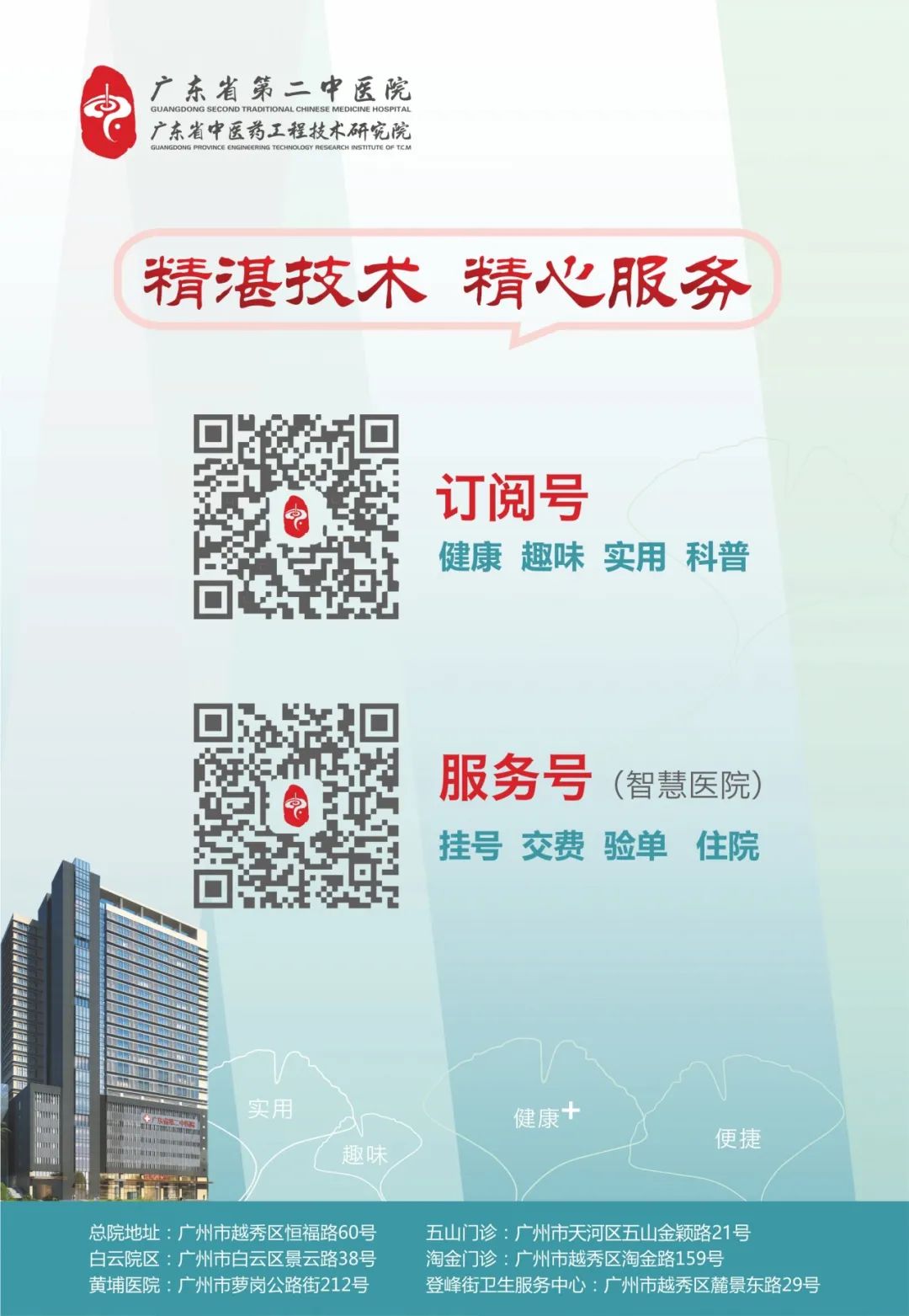
Editor: Jin Xiaoxin
Some images are sourced from the internet; please delete if infringing.

